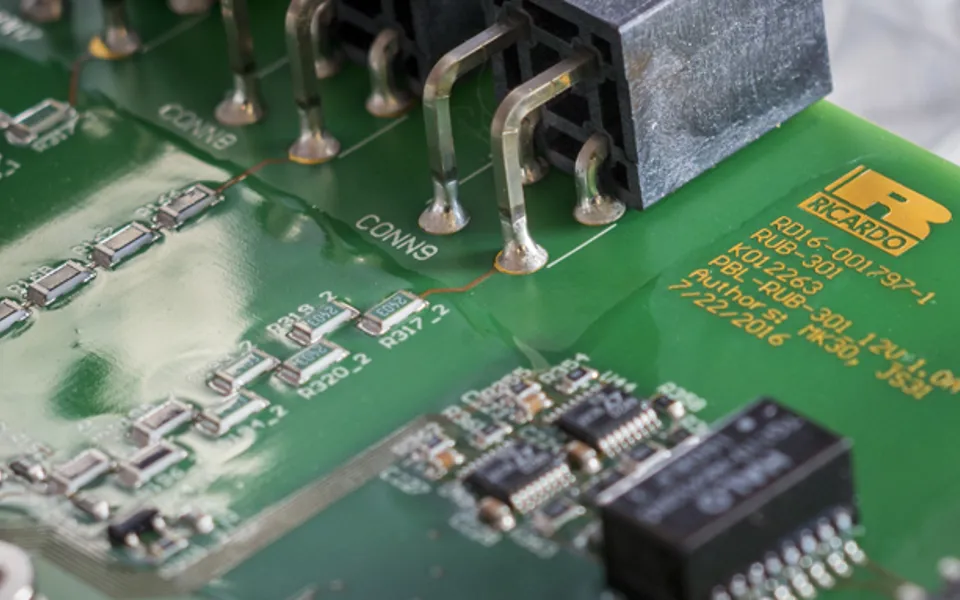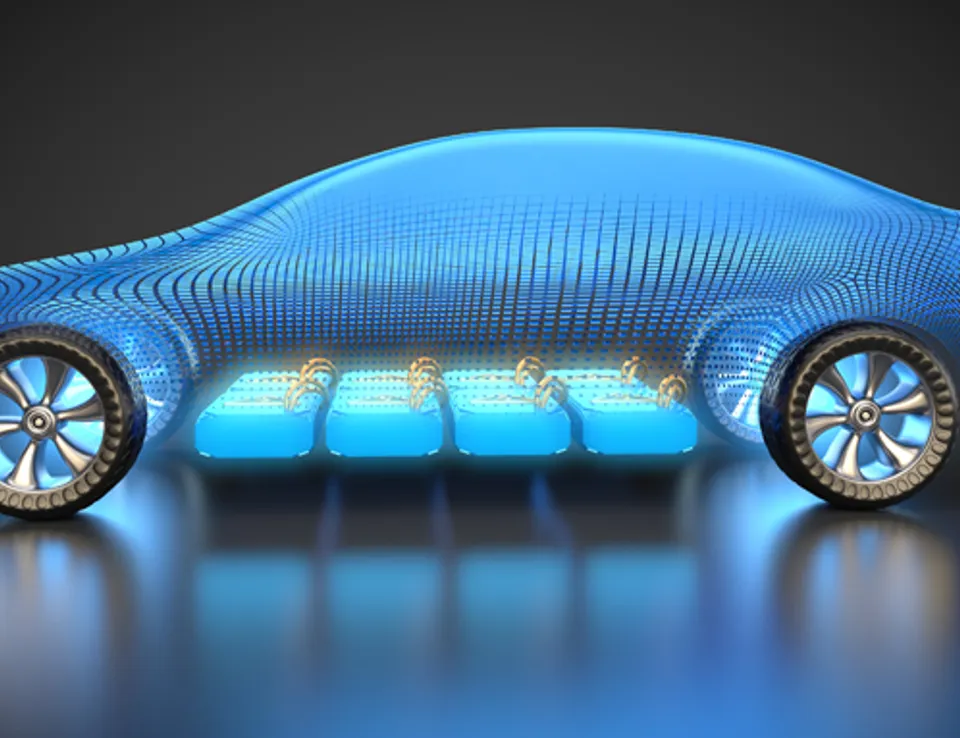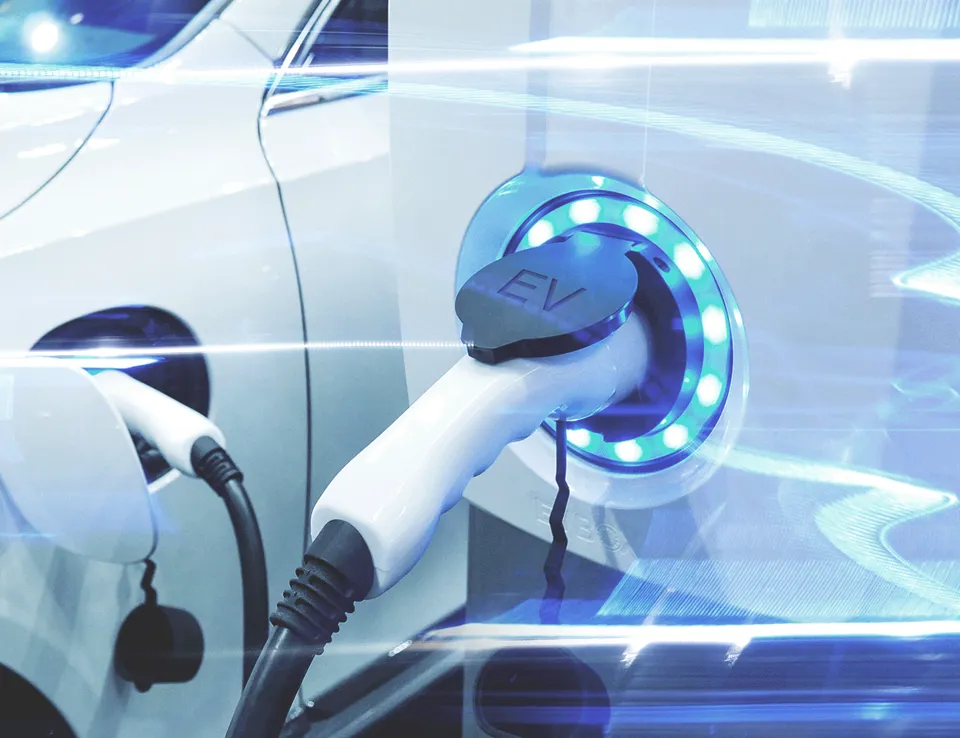
Ricardo to share battery design expertise at leading international electric vehicle event
30 Apr 2019
At next week’s Battery Show Europe in Stuttgart, Germany – one of the foremost international trade shows and conferences for designers, manufacturers and service providers across the entire battery supply chain – Ricardo experts will moderate and present at technical sessions to discuss the latest thinking on battery design and development.
While both European and Chinese automakers share a desire to bring forward a multitude of new electric powertrain platforms and vehicles, as well as an aim for global reach, there are distinct differences of approach in product development, engineering and manufacture between these two markets. Ricardo principal engineer for battery systems, William Yue, will moderate a discussion and present his own vision on this topic in a session on the afternoon of Tuesday 7 May entitled Assuring Global Competitiveness: European versus Chinese Pack Design.
With major players in the electric and hybrid vehicles sector pushing for higher-voltages and greater energy storage capacity, the need to design battery systems for maximum thermal stability has never been more pressing. Ricardo global technical expert on thermal systems, Dr Cedric Rouaud, will moderate a session on the same afternoon entitled Preventing Thermal Runaway Through Improving Thermal Management in Battery Pack Design.
Focusing on the requirements of 48V hybrid systems, Ricardo technical business manager for energy storage, Julian Dunn, will present his views during another session, also on the afternoon of 7 May, entitled: Optimizing Next Generation 48V Systems and Architectures To Deliver Fuel Efficiency And Reduced Emissions In The Immediate Term.
In addition to the formal technical sessions, Ricardo will also be participating in the pre-conference workshop Reducing Cost and Increasing Speed to Market Through Virtual Battery Design & Simulation to be hosted on Monday 6th May. In this workshop Ricardo’s Paul McGahan will discuss a scalable battery pack model that is being developed to guide the user through the battery pack design process starting from low fidelity models at the early stage, where little data is known, with the model fidelity increasing as the design information and data becomes more mature and complete. The model couples the mechanical, thermal and electro-chemical domains to allow quick checks against requirements with each design iteration. Furthermore, the modular architecture allows use of internal models or customer/partner developed models (e.g. of cells, components and sub-systems etc.).
In addition to many electric-vehicle-related exhibits on the Ricardo stand in the exhibition hall, the company will also host a showcase demonstration of a virtual reality demonstration of its proposed Future Vehicle Architecture (FuVA). Delegates will be able to join Ricardo in a virtual reality experience to learn how co-simulation is used to optimize the FuVA. This approach aims to reduce development costs and increase speed to market of hybrid vehicles.




 Follow Ricardo plc for regular updates
Follow Ricardo plc for regular updates




